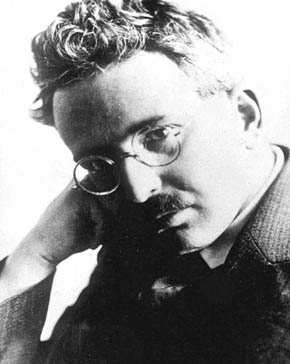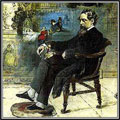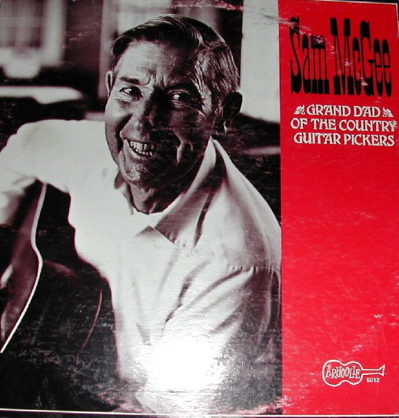|
|||||||
|
projects bios past collaborations records fuel articles quotations verbal scores verbal tics museums old small photos order fictcrit |
on flaneurs, drifting, noise...
quotations
starting points
|
||||||
Roland Barthes on passive listening:"There are two musics (at least so I have always thought): the music one listens to and the music one plays. These two musics are two totally different arts, each with its own history, sociology, aesthetics, its own erotic dimension. [...] The music one plays comes from an activity that is very little auditory, being above all manual (and thus in a way much more sensual). It is the music you or I can play, alone or among friends, with no other audience than its participants (that is, with all risk of theater, all temptation of hysteria removed); a muscular music in which the part taken by the sense of hearing is one only of ratification, as though the body were hearing, and not the soul. [...] This music has disappeared; initially the province of the idle (aristocratic) class, it lapsed into an insipid social rite with the coming of the democracy of the bourgeoisie (the piano, the young lady, the drawing room, the nocturne) and then faded out altogether (who plays the piano today?). [...] passive, receptive music, sound music, has become the music (that of concert, festival, record, radio): playing has ceased to exist; musical activity is no longer manual, muscular, kneadingly physical, but merely liquid, effusive, 'lubricating', to take up a word from Balzac. [.........] "What is the use of composing if it is to confine the product within the precinct of the concert or the solitude of listening to the radio? To compose, at least by propensity, is to give to do, not to give to hear but to give to write." Excerpts from Musica Practica Walter Benjamin on the "nightwalks" of Charles Dickens:"Whenever he had done drudging he had no other resource but drifting and he drifted over half London... he did not go in for 'observation', a priggish habit. He did not look at Charing Cross to improve his mind or count the lamp-posts in Holborn to practice his arithmetic...Dickens did not stamp these places on his mind: he stamped his mind on these places’ (thanks to Paul Fitzpatrick) Marcel Duchamp on the nature of sound/noise:"one can look at (see) seeing; one cannot hear hearing" from Salt Seller Antonio Neiwiller on the society of communication:"Obscene is what puts an end to every mirror, every gaze, every image. Obscene is what has no more secrets, and is completely soluble in information and communication. So, now that we no longer live the drama of alienation but the ecstasy of communication, we know that all this is obscene. (...) Then it's time to show that there is something one can think and one cannot see nor make see but only allude to. from Titanic Sam McGee on psychic phenomena:"I met a little gypsy in a fortune teller place / First she read my mind, and then she slapped my face" William Gibson on the end of the age of rock stars:Prior to the technology of audio recording, there was relatively little one could do to make serious money with music. Musicians could perform for money, and the printing press had given rise to an industry in sheet music, but great fame, and wealth, tended to be a matter of patronage. The medium of the commercial audio recording changed that, and created industry predicated on an inherent technological monopoly of the means of production. Ordinary citizens could neither make nor manufacture audio recordings. That monopoly has now ended. Some futurists, looking at the individual musician’s role in the realm of the digital, have suggested that we are in fact heading for a new version of the previous situation, one in which patronage (likely corporate, and non-profit) will eventually become a musician’s only potential ticket to relative fame and wealth. The window, then, in which one could become the Beatles, occupy that sort of market position, is seen to have been technologically determined. And technologically finite. The means of production, reproduction and distribution of recorded music, are today entirely digital, and thus are in the hands of whoever might desire them. We get them for free, often without asking for them, as inbuilt peripherals. I bring music up, here, and the impact the digital is having on it, mainly as an example of the unpredictable nature of technologically driven change. It may well be that the digital will eventually negate the underlying business-model of popular musical stardom entirely. If this happens, it will be a change which absolutely no one intended, and few anticipated, and not the result of any one emergent technology, but of a complex interaction between several. You can see the difference if you compare the music industry’s initial outcry against “home taping” with the situation today. William Gibson reworks the riff on the end of the age of rock stars, with a bit of cyber-pingpong:We're in the very absorbing novel Spook Country, on page 102, already hooked on the tale, when Hollis Henry, ex-rockstar, employs a quote often quoted by another member of her formerly famous band, a guy called Inchmale. The quote? Faulkner, on this website for many years. Further on in the conversation, the very wealthy media bigwig Hollis is working for explains why she needs a new job: "In the early 1920s [...] there were still some people in this country who hadn't yet heard recorded music. Not many, but a few. That's less than a hundred years ago. Your career as a 'recording artist' took place toward the end of a technological window that lasted less than a hundred years, a window during which consumers of recorded music lacked the means of producing that which they consumed. They could buy recordings, but they couldn't reproduce them. [Your band] came in as that monopoly on the means of production was starting to erode. Prior to that monopoly, musicians were paid for performing, published and sold sheet music, or had patrons. The pop star, as we knew her, was actually an artifact of preubiquitous media." "Of--?" "Of a state in which 'mass' media existed, if you will, within the world." "As opposed to?" "Comprising it." Couldn't have put it better myself... |
     |
||||||
